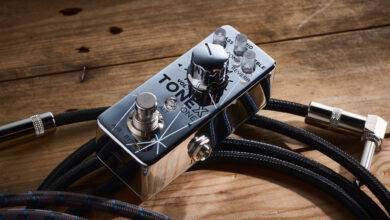Pennsylvania Supreme Court Set to Decide Fate of Skill Games

The Pennsylvania Supreme Court is ready to make a big decision about whether electronic gaming terminals, commonly found in bars and convenience stores, should be considered illegal gambling machines.
Pennsylvania Lottery and Casino Industry Blames Skill Games for Revenue Losses
The decision comes after an appeal by the attorney general’s office challenged a lower court ruling that said these “skill games” depend on a player’s ability rather than chance — making them different from traditional slot machines.
For years, the state has argued that these games operate illegally without a gambling license and can be seized by law enforcement. Manufacturers, distributors and operators of the games say they are legal under state law and do not fall under the definition of regulated gambling. This ruling could provide clarity on how those machines should be treated under the law for the first time, said Jeffrey Rosenthal, an attorney representing Parx Casino in Philadelphia, reported the Associated Press.
Courts and lawmakers have wrestled with their status or years. Texas, Virginia and Kentucky have had similar fights over them.
The Pennsylvania Lottery and the state’s casino industry blame skill games for major revenue losses. Casinos pay out roughly 54% of slot machine revenues in taxes to the state government. Operators say skill games compete against slots tax-free. There are at least 67,000 such terminals in Pennsylvania — more than any other state, according to American Gaming Association estimates.
Attorney General Michelle Henry’s office emphasized in its brief to the court that these devices are all over the place and need clear legal guidance. The justices will study whether these electronic devices with supposed “skill” components are gambling devices by definition under the law.
Commonwealth Court Judge Lori Dumas noted previously that though they start off looking like slot machines, they include a memory game element that makes them different.
The case started off in Dauphin County in 2019 when state police confiscated Pennsylvania Skill-branded machines from Champions Sports Bar in Highspire.
No criminal charges were filed, but the bar was given an administrative citation. Champions and Capital Vending Company, which owns the machines, sued for their return and won in county court, a decision later upheld by the Commonwealth Court.Pending legislation would ban or regulate these terminals — with the industry pushing for regulation to prevent seizures of its machines.



